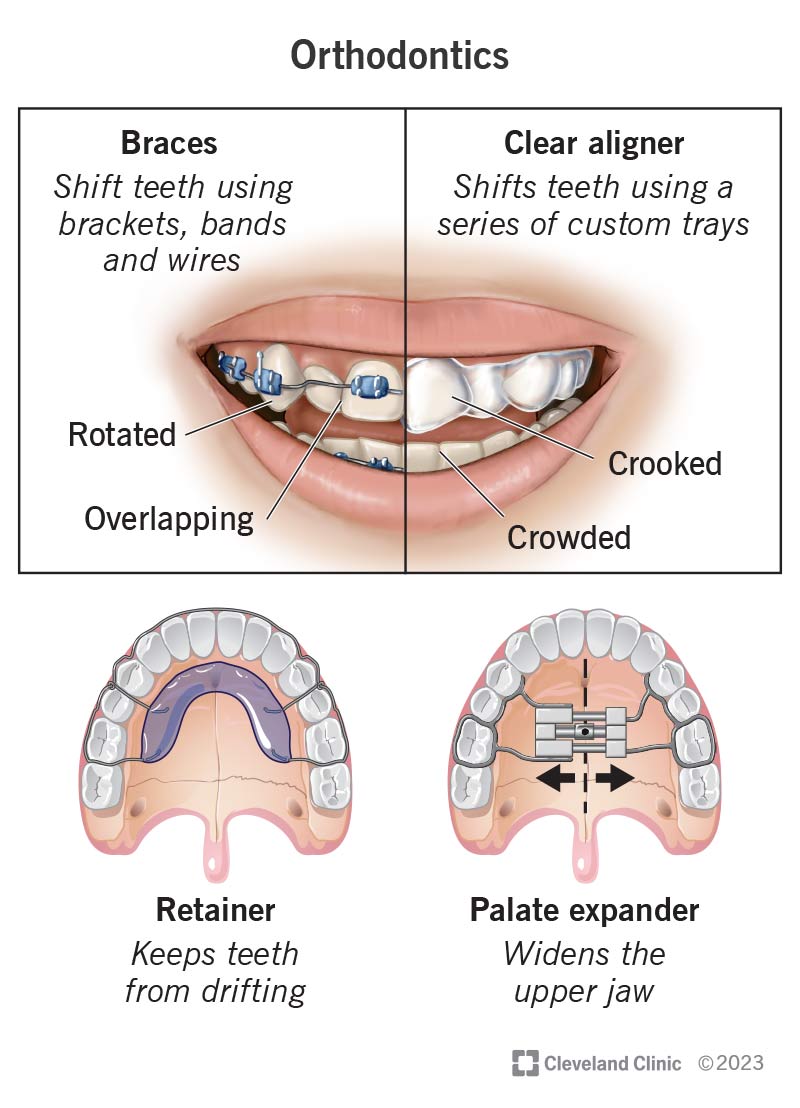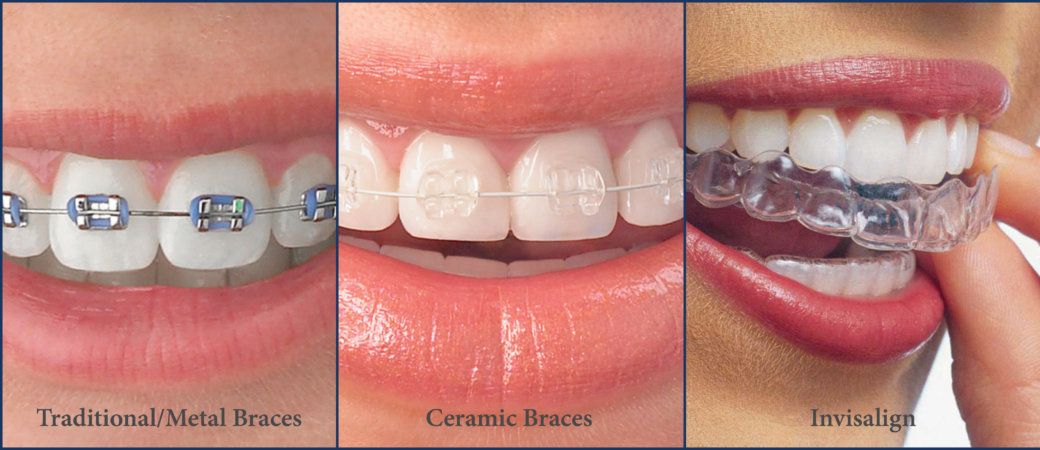Causey Orthodontics for Beginners
Table of ContentsThe Of Causey OrthodonticsGetting My Causey Orthodontics To WorkCausey Orthodontics for DummiesGetting The Causey Orthodontics To WorkCausey Orthodontics Can Be Fun For Anyone
Ignoring occlusal partnerships, it was common to get rid of teeth for a selection of dental issues, such as malalignment or overcrowding. The idea of an intact teeth was not commonly valued in those days, making bite correlations seem unnecessary. In the late 1800s, the concept of occlusion was crucial for producing reliable prosthetic replacement teeth.As these concepts of prosthetic occlusion proceeded, it became a vital device for dental care. It was in 1890 that the work and effect of Dr. Edwards H. Angle began to be really felt, with his payment to modern orthodontics especially notable. Focused on prosthodontics, he taught in Pennsylvania and Minnesota before routing his attention towards dental occlusion and the treatments required to maintain it as a normal problem, hence coming to be recognized as the "father of modern-day orthodontics".

The principle of excellent occlusion, as postulated by Angle and incorporated right into a category system, enabled a shift towards dealing with malocclusion, which is any kind of variance from regular occlusion. Having a complete collection of teeth on both arches was extremely searched for in orthodontic treatment as a result of the need for specific connections between them.
Top Guidelines Of Causey Orthodontics
As occlusion came to be the key top priority, facial percentages and appearances were neglected - orthodontist near me. To attain ideal occlusals without utilizing outside forces, Angle postulated that having excellent occlusion was the very best means to acquire optimum facial aesthetics. With the passing of time, it became rather apparent that also an extraordinary occlusion was not appropriate when taken into consideration from an aesthetic perspective
It ended up being apparent that orthodontic therapy might adjust mandibular advancement, resulting in the formation of useful jaw orthopedics in Europe and extraoral pressure actions in the United States. These days, both useful appliances and extraoral devices are applied around the world with the aim of amending growth patterns and forms. Seeking real, or at least boosted, jaw relationships had actually come to be the main objective of therapy by the mid-20th century.
Top Guidelines Of Causey Orthodontics
 The American Journal of Orthodontics was created for this objective in 1915; prior to it, there were no clinical purposes to comply with, neither any accurate classification system and braces that lacked functions. Until the mid-1970s, braces were made by covering metal around each tooth. With developments in adhesives, it ended up being feasible to instead bond steel braces to the teeth.
The American Journal of Orthodontics was created for this objective in 1915; prior to it, there were no clinical purposes to comply with, neither any accurate classification system and braces that lacked functions. Until the mid-1970s, braces were made by covering metal around each tooth. With developments in adhesives, it ended up being feasible to instead bond steel braces to the teeth.Andrews gave an insightful interpretation of the excellent occlusion in irreversible teeth. This has had significant effects on orthodontic therapies that are administered frequently, and these are: 1. Correct interarchal partnerships 2. Proper crown angulation (suggestion) 3. Appropriate crown inclination (torque) 4. No rotations 5. Limited get in touch with points 6. Flat Contour of Spee (0.02.5 mm), and based upon these concepts, he found a therapy system called the straight-wire device system, or the pre-adjusted edgewise system.
The benefit of the design hinges on its brace and archwire combination, which calls for just very little cable bending from the orthodontist or medical professional (Causey Orthodontics). It's appropriately named after this function: the angle of the port and density of the brace base inevitably establish where each tooth is situated with little demand for additional control
6 Easy Facts About Causey Orthodontics Shown
Both of these systems used identical brackets for every tooth and necessitated the bending of an archwire in three aircrafts for locating teeth in their wanted positions, with these bends dictating supreme placements. When it pertains to orthodontic devices, they are divided into 2 kinds: detachable and dealt with. Detachable devices can be taken on and off by the person as required.

Hence, virtually all modern fixed appliances can be taken into consideration variants on this edgewise appliance system. Early 20th-century orthodontist Edward Angle made a major contribution to the globe of dental care. He produced 4 distinct device systems that have been used as the basis for numerous orthodontic treatments today, barring a couple of exemptions.
Some Known Questions About Causey Orthodontics.

The wire ended in a string, and to relocate it forward, an adjustable nut was made use of, which allowed for an increase in area. By ligation, each specific tooth was affixed to this expansive archwire (family orthodontics). Because of its restricted series of activity, Angle was unable to accomplish exact tooth placing with an E-arch
These tubes held a soldered pin, which could be repositioned at each consultation in order to move them in position. Dubbed the "bone-growing appliance", this contraption was thought to encourage healthier bone development because of its potential for transferring force straight to the roots. Implementing it proved frustrating in fact.
Comments on “Facts About Causey Orthodontics Uncovered”